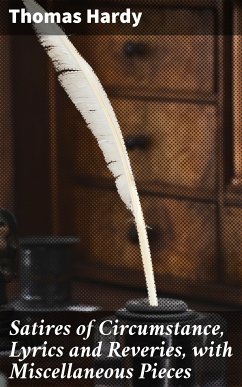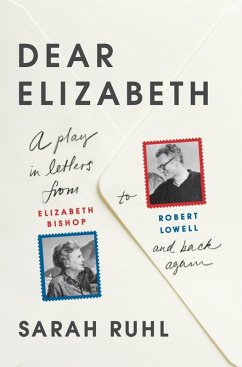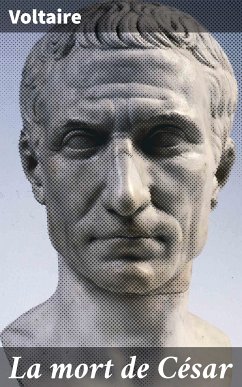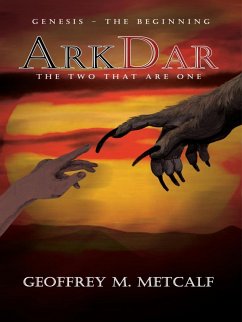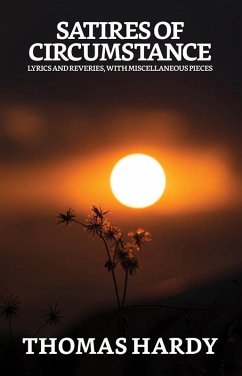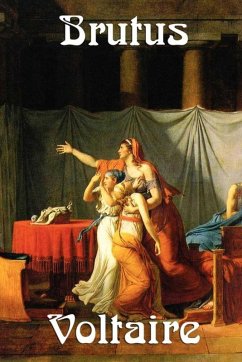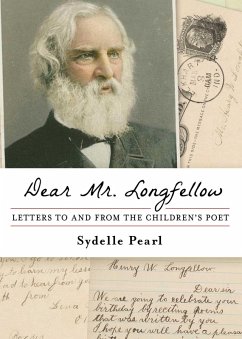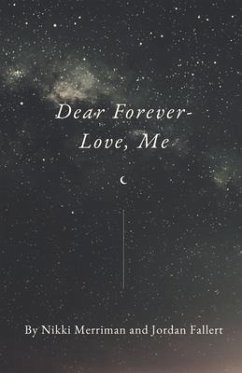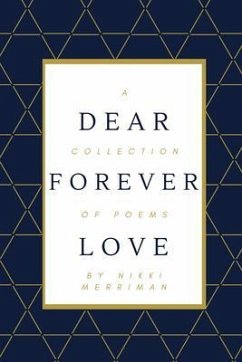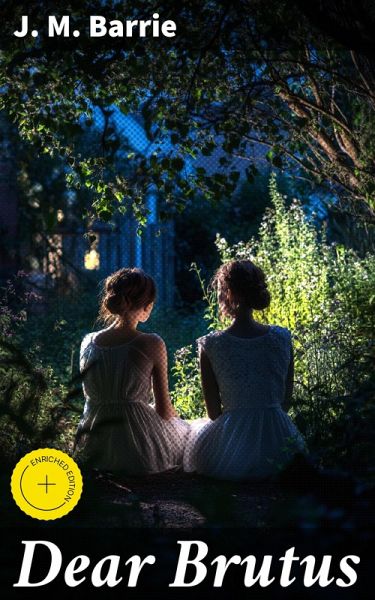
Dear Brutus (eBook, ePUB)
Enriched edition. A Mystical Exploration of Desires and Regrets Under the Moonlit Sky
Kommentar: Callahan, Troy / Redaktion: Good Press

PAYBACK Punkte
0 °P sammeln!
In "Dear Brutus," J. M. Barrie masterfully orchestrates a blend of fantasy and existential inquiry, exploring the complexities of life choices, regrets, and the nature of reality. Set in a whimsical yet poignant setting, the play invites its characters'-and by extension, its audience'-to a midsummer night's retreat where they confront their alternate selves. Barrie's signature wit and symbolism permeate the dialogue, revealing deeper truths about human desires and the perennial question of what could have been. This work engages with themes of fate, identity, and the uncanny, all reflective of...
In "Dear Brutus," J. M. Barrie masterfully orchestrates a blend of fantasy and existential inquiry, exploring the complexities of life choices, regrets, and the nature of reality. Set in a whimsical yet poignant setting, the play invites its characters'-and by extension, its audience'-to a midsummer night's retreat where they confront their alternate selves. Barrie's signature wit and symbolism permeate the dialogue, revealing deeper truths about human desires and the perennial question of what could have been. This work engages with themes of fate, identity, and the uncanny, all reflective of the socio-political climate of early 20th-century Britain, where the aftershocks of World War I cast a long shadow over individual aspirations. J. M. Barrie, best known for his creation of Peter Pan, draws from his own life experiences and the cultural zeitgeist of his time to craft this intricate narrative. Barrie's exploration of childhood and adulthood, intertwined with his fascination with the supernatural, reveals his profound understanding of the human condition. "Dear Brutus" emerges from a period of transition and introspection for Barrie, echoing his personal battles with loss and longing. This compelling play is recommended for scholars and casual readers alike, as it invites reflection on one's life decisions and the elusive nature of happiness. Barrie's ability to juxtapose humor and heartache renders "Dear Brutus" a timeless exploration of the human psyche, making it a must-read for anyone who seeks to understand the nuances of choice and consequence. In this enriched edition, we have carefully created added value for your reading experience: - A succinct Introduction situates the work's timeless appeal and themes. - The Synopsis outlines the central plot, highlighting key developments without spoiling critical twists. - A detailed Historical Context immerses you in the era's events and influences that shaped the writing. - An Author Biography reveals milestones in the author's life, illuminating the personal insights behind the text. - A thorough Analysis dissects symbols, motifs, and character arcs to unearth underlying meanings. - Reflection questions prompt you to engage personally with the work's messages, connecting them to modern life. - Hand-picked Memorable Quotes shine a spotlight on moments of literary brilliance. - Interactive footnotes clarify unusual references, historical allusions, and archaic phrases for an effortless, more informed read.
Dieser Download kann aus rechtlichen Gründen nur mit Rechnungsadresse in A, B, BG, CY, CZ, D, DK, EW, E, FIN, F, GR, H, IRL, I, LT, L, LR, M, NL, PL, P, R, S, SLO, SK ausgeliefert werden.




